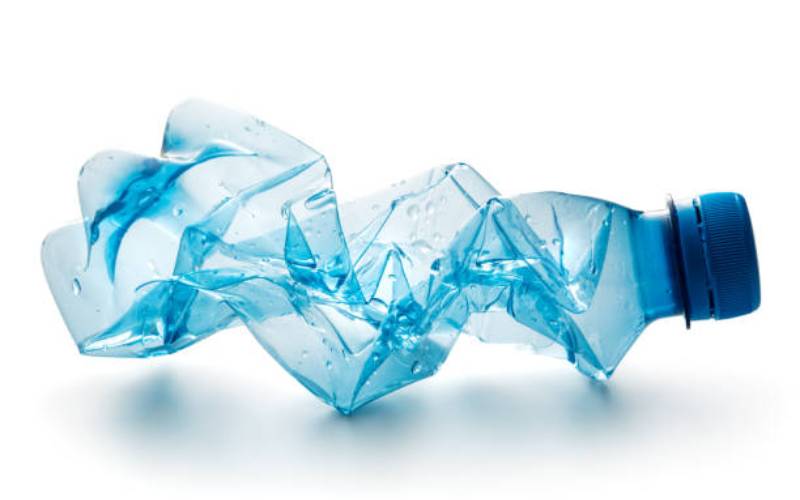×
The Standard e-Paper
Kenya’s Boldest Voice

The convenience of plastic bottles for urban dwellers is immeasurable. They help carry all sorts of cold drinks, and are portable enough to be comfortably placed in handbags or somewhere in a car.







